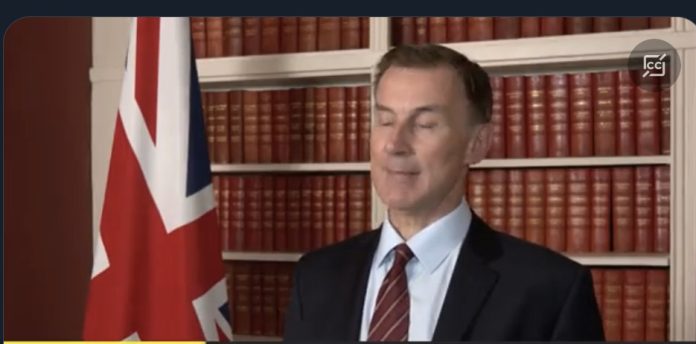The monthly rate of inflation has fallen with prices rising by 6.7% in August,down by 0.1 point from July.
It stands at its lowest level since February 2022.
According to the Office of National Statistics The largest downward contributions to the monthly change came from food, where prices rose by less in August 2023 than a year ago, and accommodation services, where prices can be volatile and fell in August 2023.
However Food inflation is still running at over 13%.
Rising prices for motor fuel led to the largest upward contribution to the change in the annual rates.
Core inflation has also fallen from 6.9 per cent to 6.2 per cent
The Chancellor Jeremy Hunt tweeted
Inflation never falls in a straight line but it’s now down 40% from its peak. The plan is working. But we need to stick to it: even at 6.7% there’s still immense pressure on family budgets. That means no borrowing binge, which would simply keep interest rates higher for longer
Shadow Chancellor Rachel Reeves tweeted
“The UK is forecast to have the highest Inflation of any major economy this year.
The Tories have wreaked havoc and working people are paying the price.”
Julian Jessop, Economics Fellow at the free market Institute of Economic Affairs, said:
“Today’s better than expected UK inflation data show why forecasters and policymakers should pay more attention to monetary aggregates. Inflation was widely expected to jump due to higher fuel prices. In fact, it fell, which is consistent with the sharp deceleration in the growth of the money supply over the last year.
“The Bank of England should have hit the pause button on interest rates several meetings ago to assess the full impact of the tight squeeze that is already in place. Even if the MPC does decide to hike one more time this week, they should signal that rates are then on hold for a long period – and that the next move is just as likely to be a cut.”







